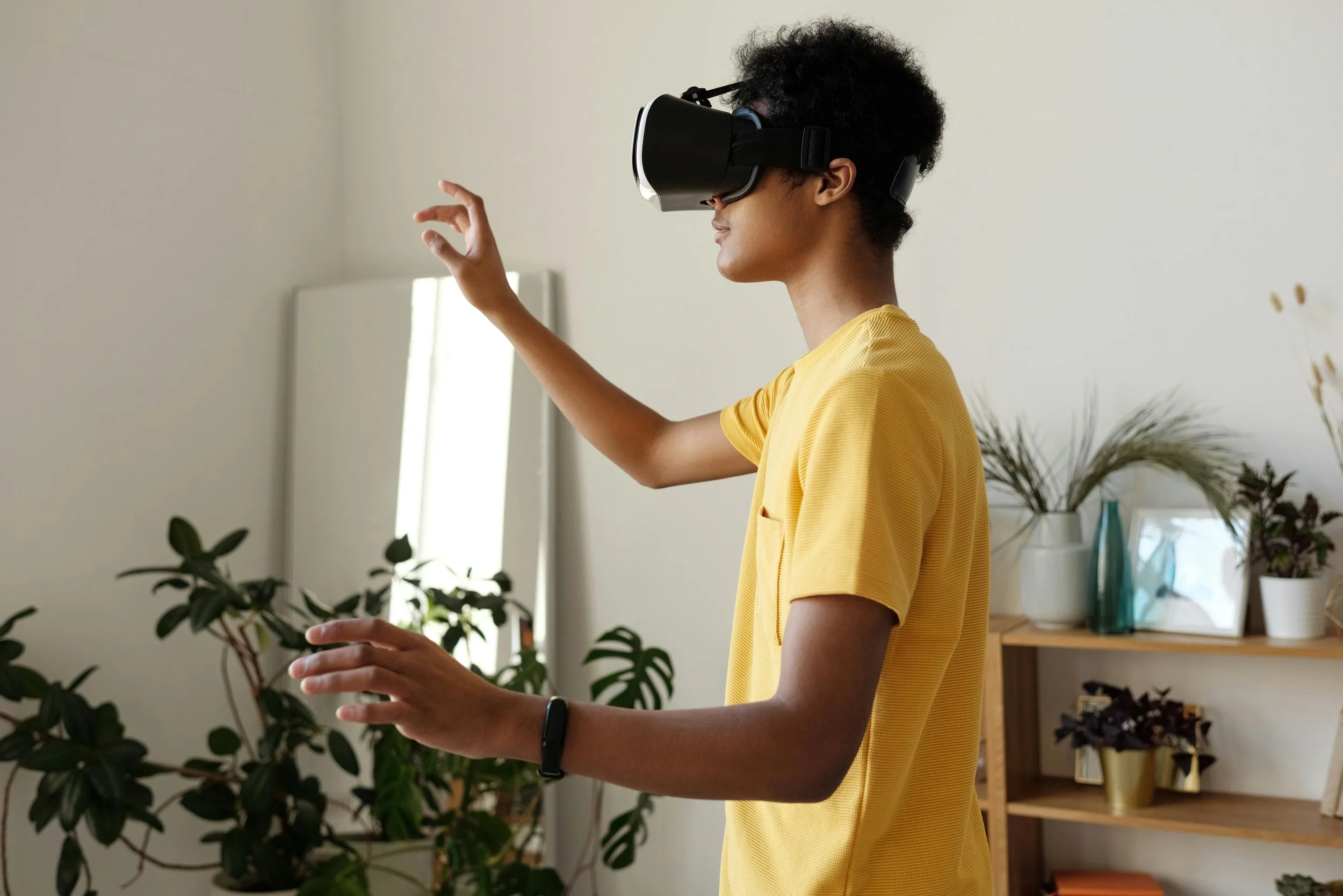The Cognitive Benefits Of Playing Shooter Games: Fact Or Fiction?
More people are playing video games than ever before. As of 2023, there are more than 3 billion gamers worldwide. Although there are thousands of titles split between gaming platforms, first-person shooters remain a favorite with gaming audiences.
The likes of Valorant, Call of Duty, and -Strike are all massively popular franchises that have become ingrained in popular culture and helped establish the modern-day esports scene. As video game technology advances, these already realistic games are becoming increasingly true-to-life. There’s been a lot of talk about the potential influence of simulated violence on brain development and behavior, but do these theories hold any weight?
Do FPS Gamers Have Anything To Worry About?
Most of the arguments against FPS games come from anxious parents worried about the impact of virtual violence on young minds. Parents are within their rights to keep children away from shooting games, but the evidence to suggest these titles promote aggression and violent behavior is outdated. Those parents who insist on keeping kids away from the likes of Counter-Strike can always turn to more suitable options like Valorant, but it’s worth checking it out first to decide whether or not it’s appropriate. For the latest Valorant schedule click here so you can set aside some time to watch a typical game in action.
However, shooting games appeal to a surprisingly mature demographic. In the United States, only a fraction of players are underage, with most falling in the 30 to 39 bracket. There’s also a sizable proportion of middle-aged players out there. The older we get, the slower our reflexes become, but the cognitive-boosting benefits of shooting games might help with that.
What the Studies Say
Psychologists have been studying the impact of video games on the brain for years, with most headlines focusing on the bad news. While gaming can impair learning, attention, and memory, these effects are only really encountered with those suffering from gaming addiction.
In actual fact, many studies have illustrated that gaming can have a positive effect on the brain and cognitive skills. The Adolescent Brain Cognitive Development (ABCD) Study is an ongoing investigation into the impact of video games on brain development. While previous studies have attempted to demonstrate a link between gaming and violent behavior, the ABCD Study presents some positive findings instead.
Rather than impair development and contribute to mental health issues, video games may actually enhance cognitive ability, with improvements to working memory and better impulse control. Of course, there are a couple of caveats here, with the main one being that the study focuses on an age range that’s not representative of the demographics playing first-person shooters.
Several studies have been carried out on older test subjects. One study came to the conclusion that game experience can be used to fine-tune many cognitive functions, including short-term memory, attention, and decision-making. Here, participants were asked to play one of two versions of Counter-Strike: Global Offensive across several weeks. One of these was the standard version, while another was personalized to math gaming ability and other criteria. Those who played the personalized version experienced a more significant increase in their cognitive functions, although both groups registered an improvement.
Are first-person shooters the best way to fine-tune your cognitive functions? Probably not, but the studies at least show that they’re rather than causing more harm than good, the exact opposite is happening. In fact, some findings have been so positive that there’s even early discussion about using video games in clinical rehabilitation scenarios.


